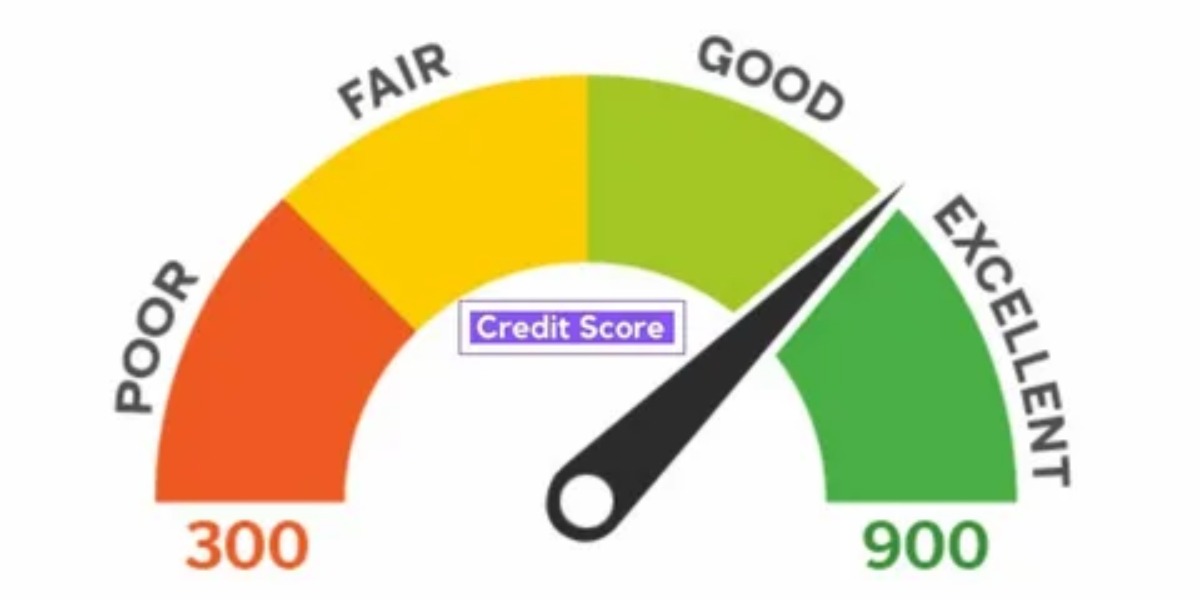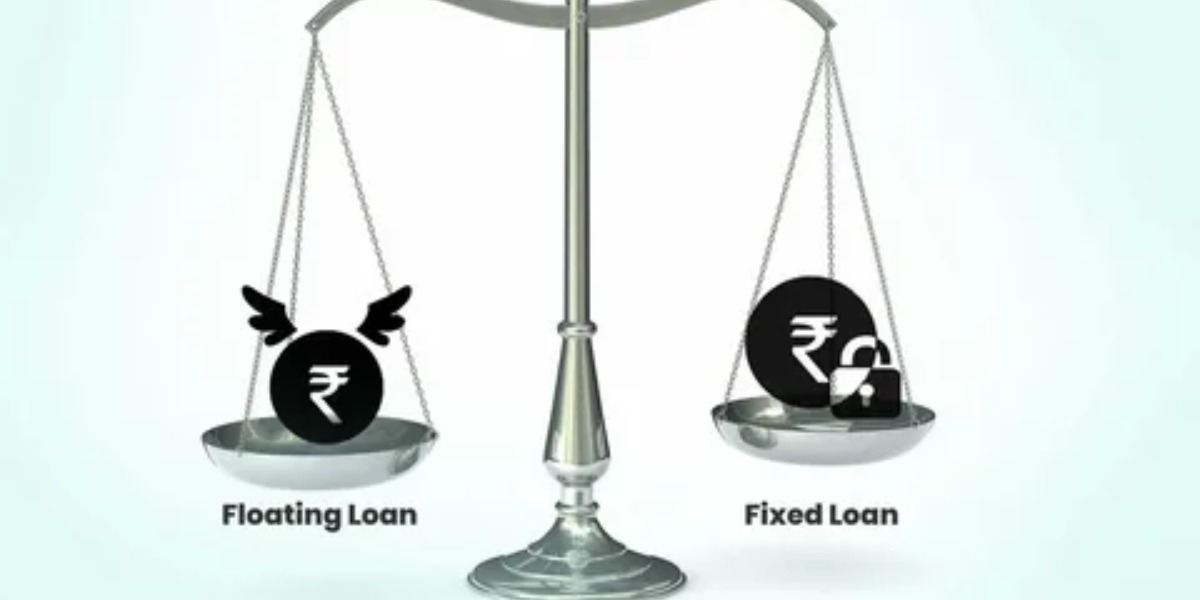Securing a mortgage is a pivotal step in the journey of homeownership. Whether you’re a first-time buyer or looking to refinance, getting the best mortgage rate in Canada can save you thousands of dollars over the life of your loan. This guide delves into the ins and outs of navigating the mortgage market to lock in the most favourable rate possible.
Understanding Mortgage Rates

Mortgage rates represent the interest charged on your loan by lenders. In Canada, these rates fluctuate based on various economic factors, including the country’s monetary policy, inflation rates, and global economic conditions.
Factors Influencing Mortgage Rates in Canada
Several key factors influence mortgage rates in Canada. These include the Bank of Canada’s overnight rate, government bond yields, and competition among lenders. Understanding these factors can help you anticipate changes in mortgage rates and make informed decisions.
Importance of a Good Credit Score

Your credit score is crucial in determining the mortgage rate you qualify for. Lenders use this score to assess your creditworthiness and the risk associated with lending to you. Maintaining a high credit score by paying bills on time and keeping credit card balances low can help you secure a lower mortgage rate.
Shopping Around for the Best Rate
Don’t settle for the first mortgage offer you receive. Shop around and compare rates from multiple lenders to ensure you get the best deal. Online comparison tools and mortgage brokers can help streamline this process and save money.
Fixed vs. Variable Rates: Which is Right for You?

When choosing a mortgage, you must decide between fixed and variable interest rates. Fixed rates offer stability and predictability, while variable rates fluctuate with market conditions. Consider your risk tolerance and long-term financial goals when making this decision.
Mortgage Term Length and Its Impact on Rates
The term length of your mortgage can also affect the interest rate. Shorter terms typically come with lower rates but higher monthly payments, while longer terms offer more stability but may have slightly higher rates. Evaluate your budget and plans to determine the optimal term length for your needs.
The Role of Down Payment in Securing a Good Rate

A larger down payment can help you secure a better mortgage rate by reducing the lender’s risk. Aim to save at least 20% of the home’s purchase price to avoid paying mortgage insurance and qualify for lower rates.
Debt-to-Income Ratio: A Crucial Factor
Lenders assess your debt-to-income ratio to determine your ability to repay the loan. Aim to keep this ratio below 43% to qualify for the best rates. Paying down existing debt and increasing your income can help improve this ratio.
Employment Stability and Its Effect on Mortgage Rates
Stable employment history reassures lenders of your ability to make timely mortgage payments. Lenders may offer borrowers a steady income and a reliable employment track record at lower rates. Be prepared to provide documentation of your employment history when applying for a mortgage.
Choosing the Right Lender

Selecting the right lender is as important as securing a favourable rate. Consider factors such as customer service, reputation, and flexibility when comparing lenders. Reading reviews and seeking recommendations can help you identify reputable lenders.
Negotiating with Lenders: Tips and Strategies
Don’t be afraid to negotiate with lenders to secure a better rate. Come prepared with research and be willing to walk away if the terms aren’t favourable. Lenders may be more inclined to offer competitive rates to borrowers with financial responsibility and market awareness.
Timing the Market: Is it Possible?
Timing the market to secure the lowest mortgage rate is challenging, if not impossible. Instead of trying to predict rate movements, focus on finding a rate that fits your budget and financial goals. Remember that mortgage rates fluctuate, so adapt to changing market conditions.
Seeking Professional Advice
Navigating the mortgage market can be complex, especially for first-time buyers. Consider seeking advice from mortgage brokers or financial advisors who can offer personalized guidance tailored to your unique situation. Their expertise can help you make informed decisions and secure the best possible mortgage rate.
Getting the best mortgage rate in Canada requires careful consideration of various factors, including your credit score, financial situation, and market conditions. By understanding these factors and following the tips outlined in this guide, you can increase your chances of securing a favourable rate and achieving your homeownership goals.
Click here for more visited Posts!




